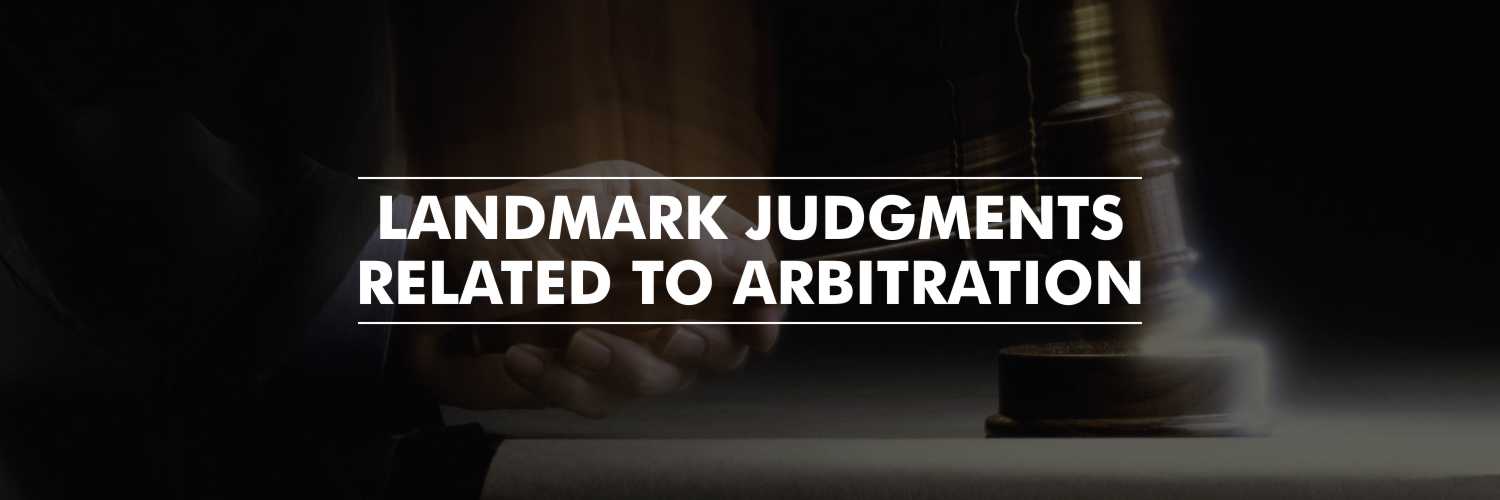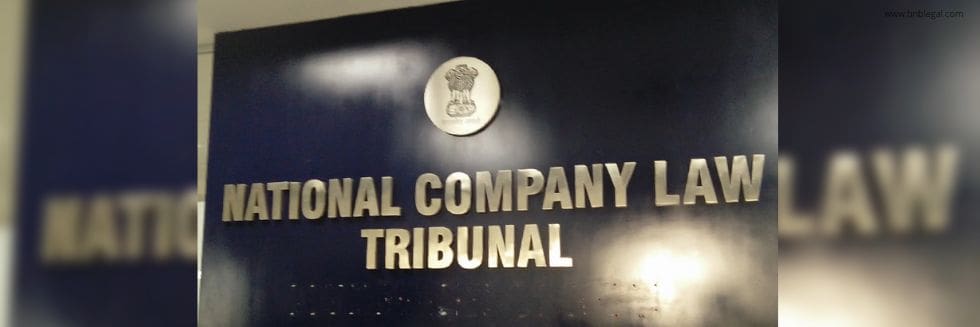Whether in a Section 34 Petition the Court has the Jurisdiction to remand the matter to the Arbitrator?
Radha Chemicals v. Union of India Civil Appeal No. 10386 of 2018
The Supreme Court reaffirmed its stand was taken in Kinnari Mullick and Another vs. Ghanshyam Das Damani, (2018) 11 SCC 328. It was held that the court while deciding a Section 34 petition has no jurisdiction to remand the matter to the Arbitrator for a fresh decision. Further, it was held that the discretion of the Court under Section 34(4) to defer the proceedings for a specified purpose is limited. And it can be invoked only upon request by the party prior to setting aside the Award.
Limit on Fresh Evidence for Adjudicating Challenge to Arbitral Award
M/s Emkay Global Financial Services Ltd. v. Girdhar Sondhi Civil Appeal No. 8367 of 2018
The court held that an application for setting aside an arbitral award will not ordinarily require anything beyond the record that was before the Arbitrator. However, if there are matters not contained in such records, and are relevant to the determination of issues arising under Section 34(2)(a). They may be brought to the notice of the Court by way of affidavits filed by both parties. Cross-examination of persons swearing to the affidavits should not be allowed unless absolutely necessary. As the truth will emerge on a reading of the affidavits filed by both the parties.
Limitation Period for setting aside an Award:
Anilkumar Jinabhai Patel (D) V Pravinchandra Jinabhai Patel Civil Appeal No. 3313 of 2018 arising out of SLP (C) No.15668 of 2012
Limitation period prescribed under Section 34(3) of the Arbitration Act, 1996 would commence only from the date of the signed copy of the award delivered to the party making the application for setting it aside. Further, the court held that Section 31(5) of the Act requires a signed copy of the award to be delivered to each party.
Section 34 (3) of the Arbitration Act tantamount to an “express exclusion” of Section 17 of the Limitation Act
P Radha Bai v Ashok Kumar 2018 SCC Online SC 1670
The court held that the phrase “but not thereafter” in Section 34(4) of the Act nails the legislative intent of giving “finality” to the Arbitral Award by fixing an “outer boundary period” for challenging an award.
M/s Simplex Infrastructure Ltd. v Union of India 2019 2 SCC 455
In this case, the court held that the statutory time limit to challenge an Arbitral Award has to be strictly adhered to.
Meaning of Public Policy
M/S Lion Engineering Consultants v State of M.P. & Ors. Civil Appeal NOS. 8984-8985 OF 2017
The Hon’ble Supreme Court has held that the public policy of India refers to the law in force in India whether State law or Central law. Further, the court held that there is no bar on the plea of jurisdiction being raised by way of an objection under Section 34 of the Arbitration Act, 1996 even if no such objection was raised under Section 16.
Whether prior notice of an application under Section 34 is a directory or mandatory?
The State Of Bihar & Ors. v. Bihar Rajya Bhumi Vikas Bank Samiti Civil Appeal No. 7314 of 2018
Contrasting Section 34(5) with Section 80 of the Code of Civil Procedure, the court observed that to construe such a provision as being mandatory would defeat the advancement of justice. And therefore, prior notice to other parties before filing an application to set aside an arbitral award is not mandatory and is merely directory.
Whether non-stamping of a Foreign Award would render it unenforceable?
Shriram EPC Limited v. Rioglass Solar SA 2018 SCC Online SC 1471
The Supreme Court held that since a foreign award, is not contained within the expression “award” in Item 12 of Schedule I, it is not taxable under the Indian Stamp Act, 1899. And thus, non-stamping of the foreign award would not render it unenforceable under section 49 of the arbitration act.









